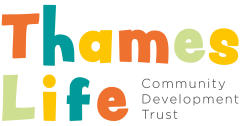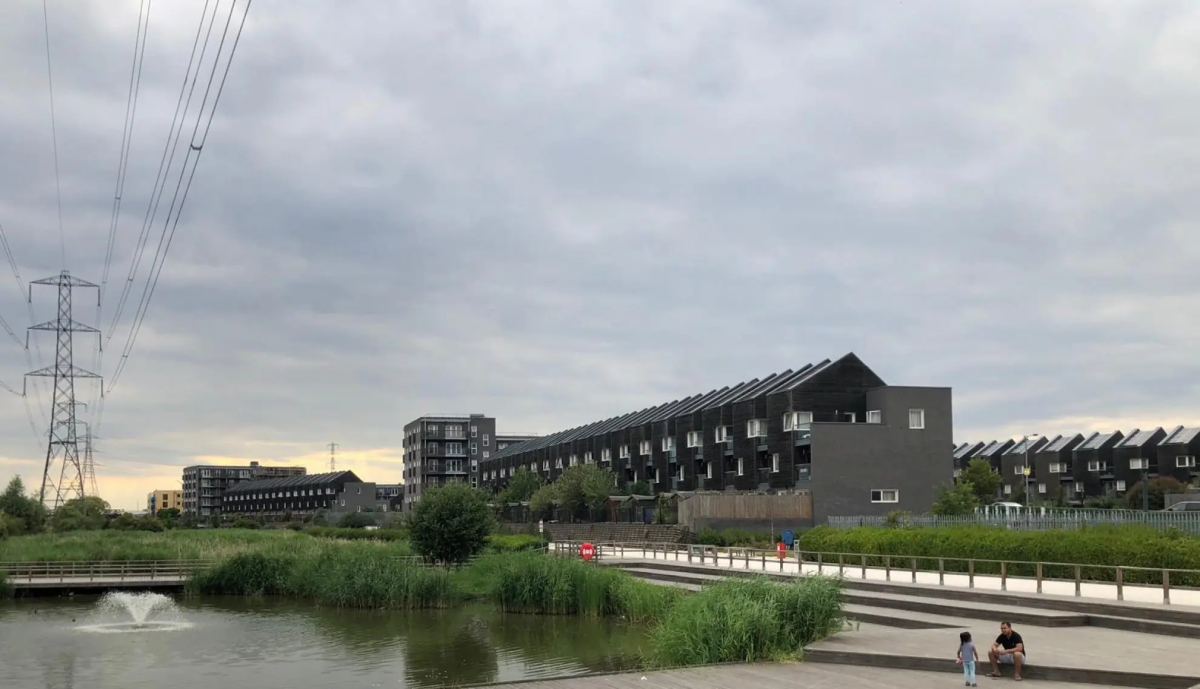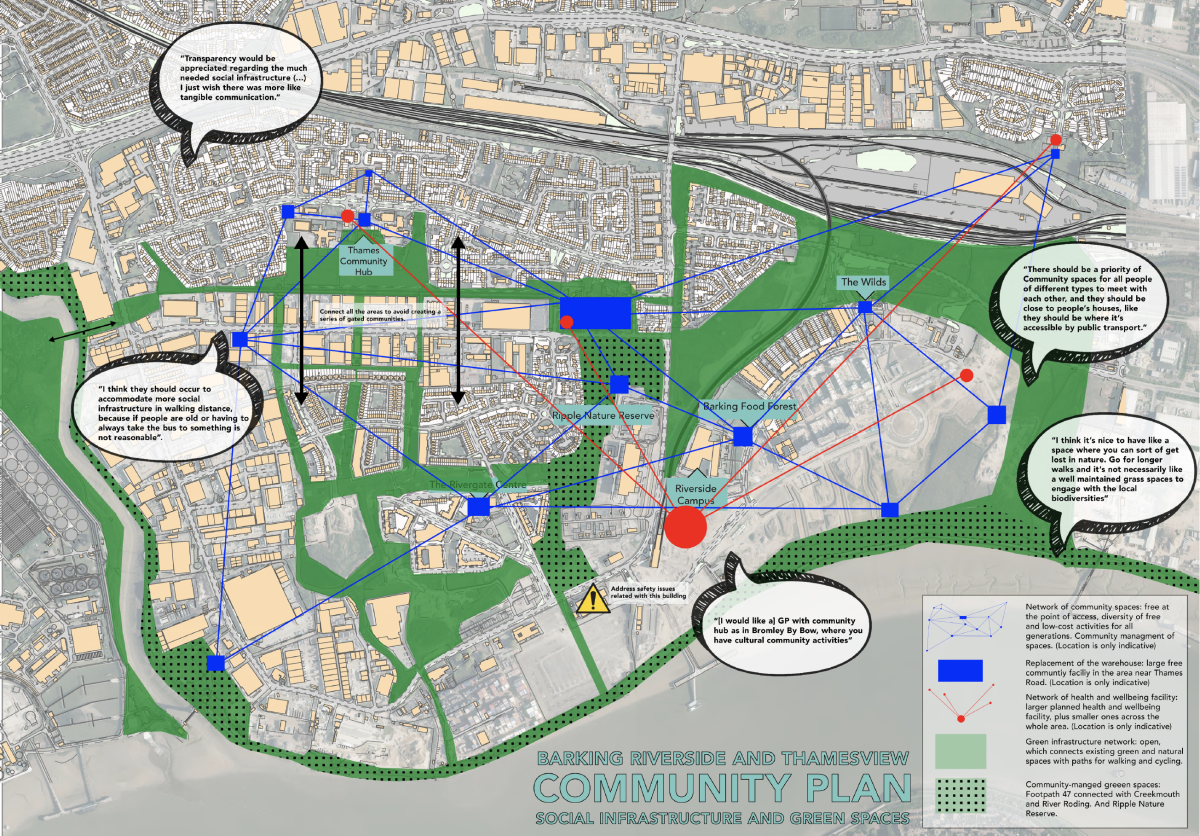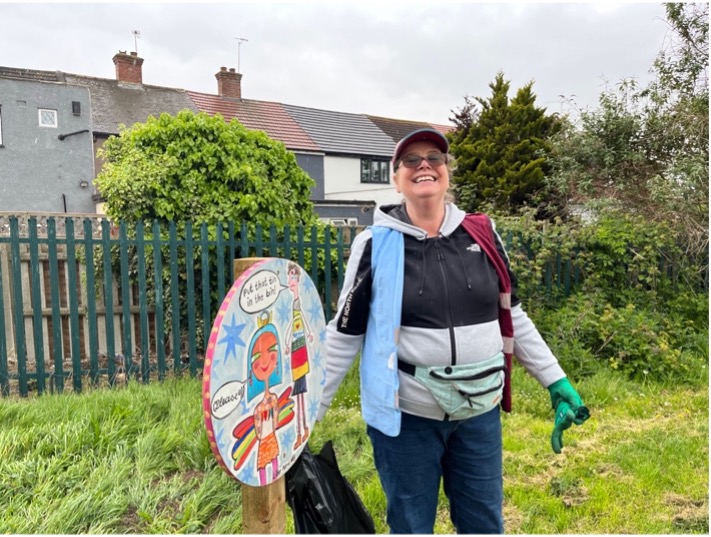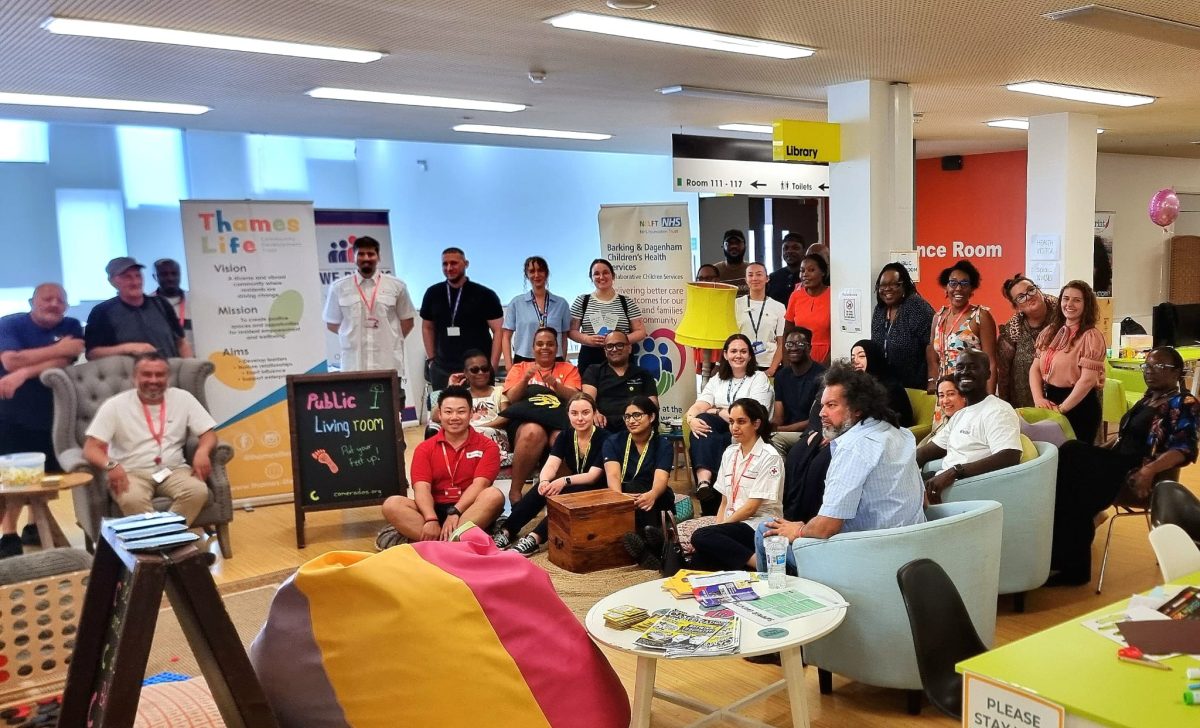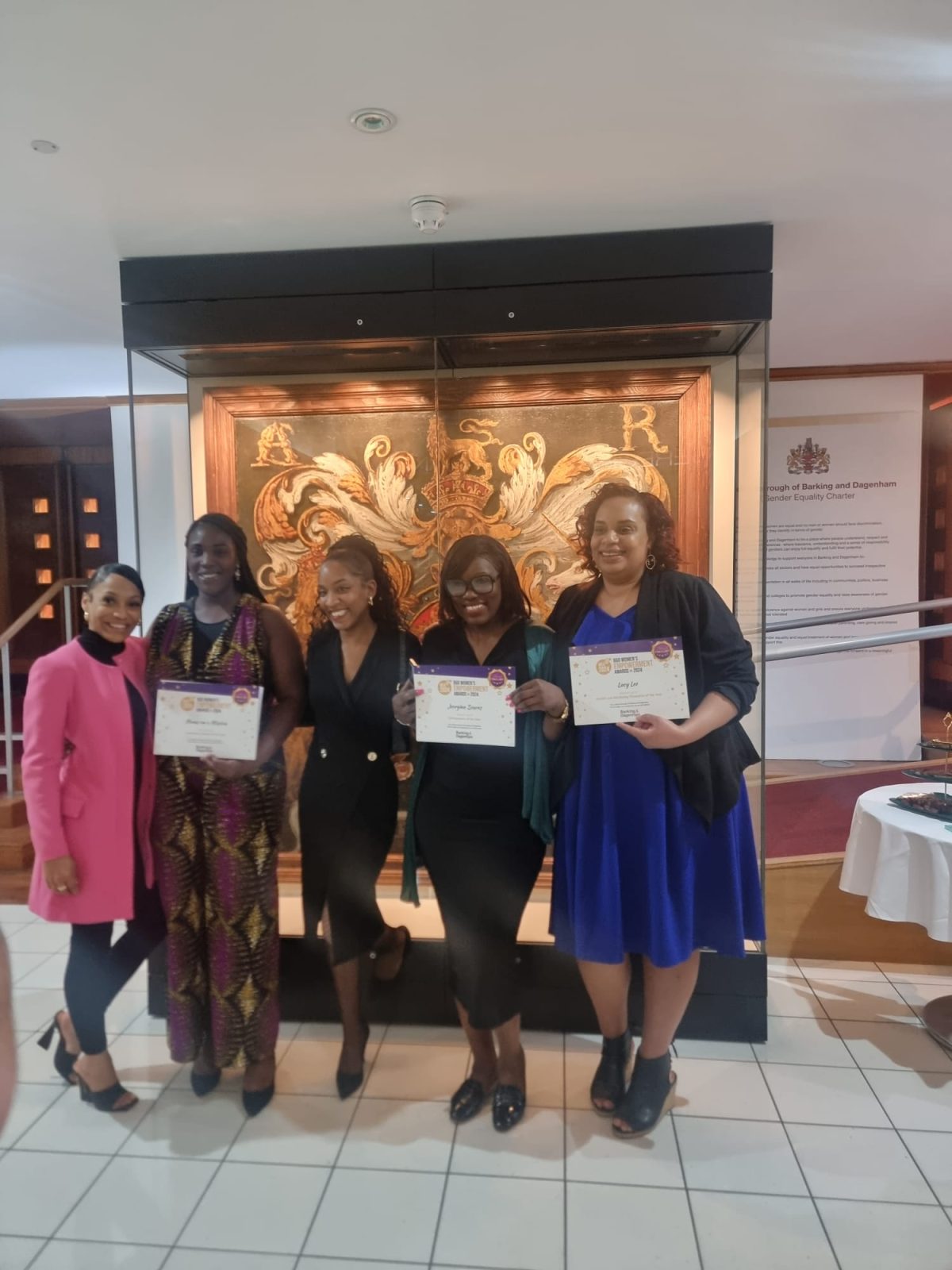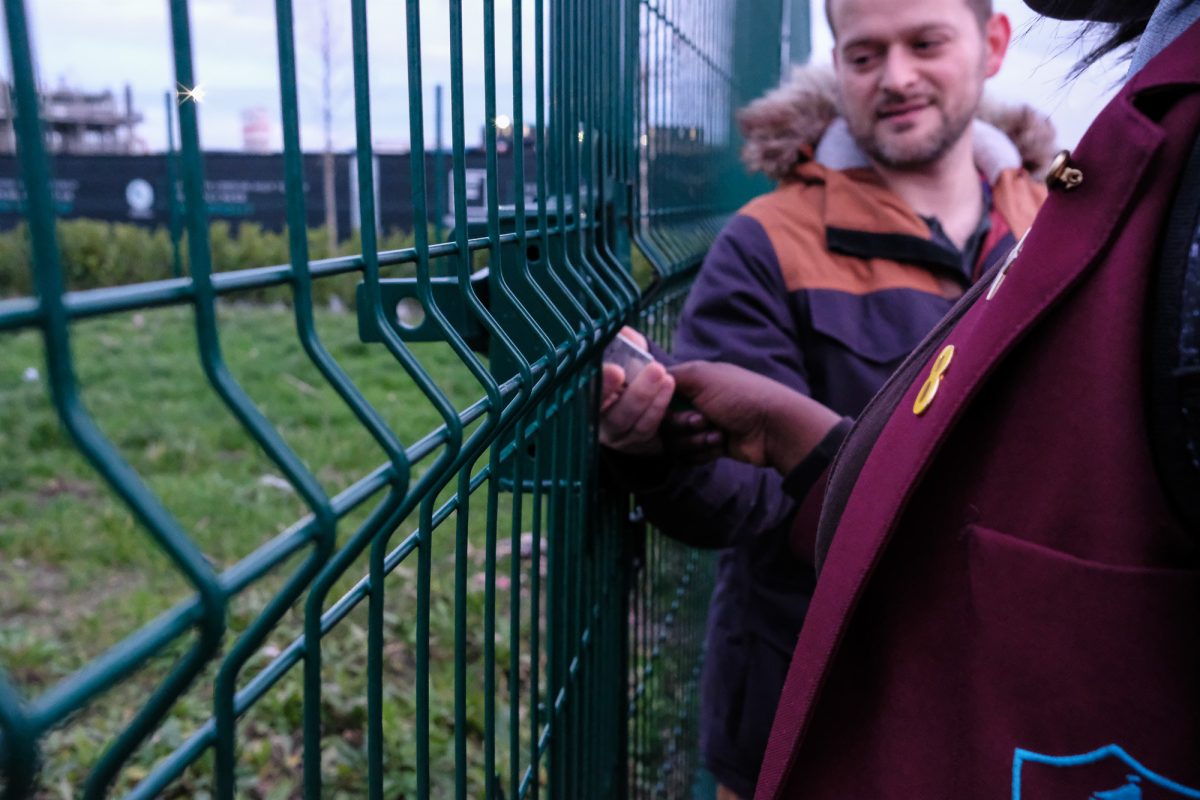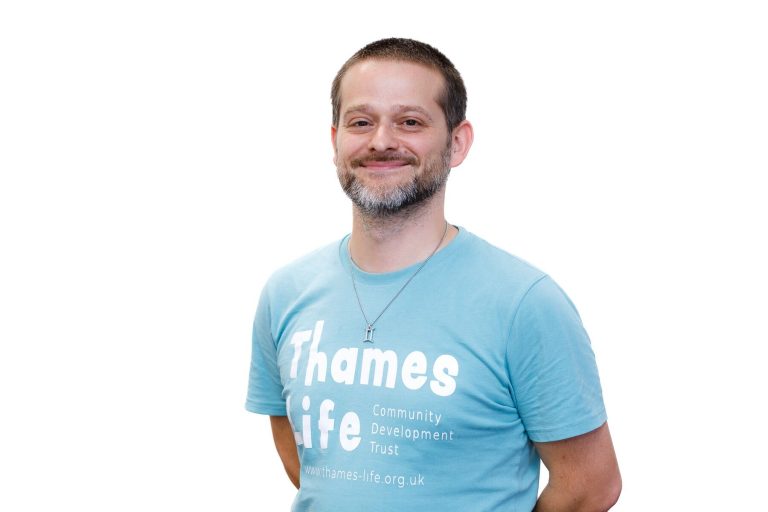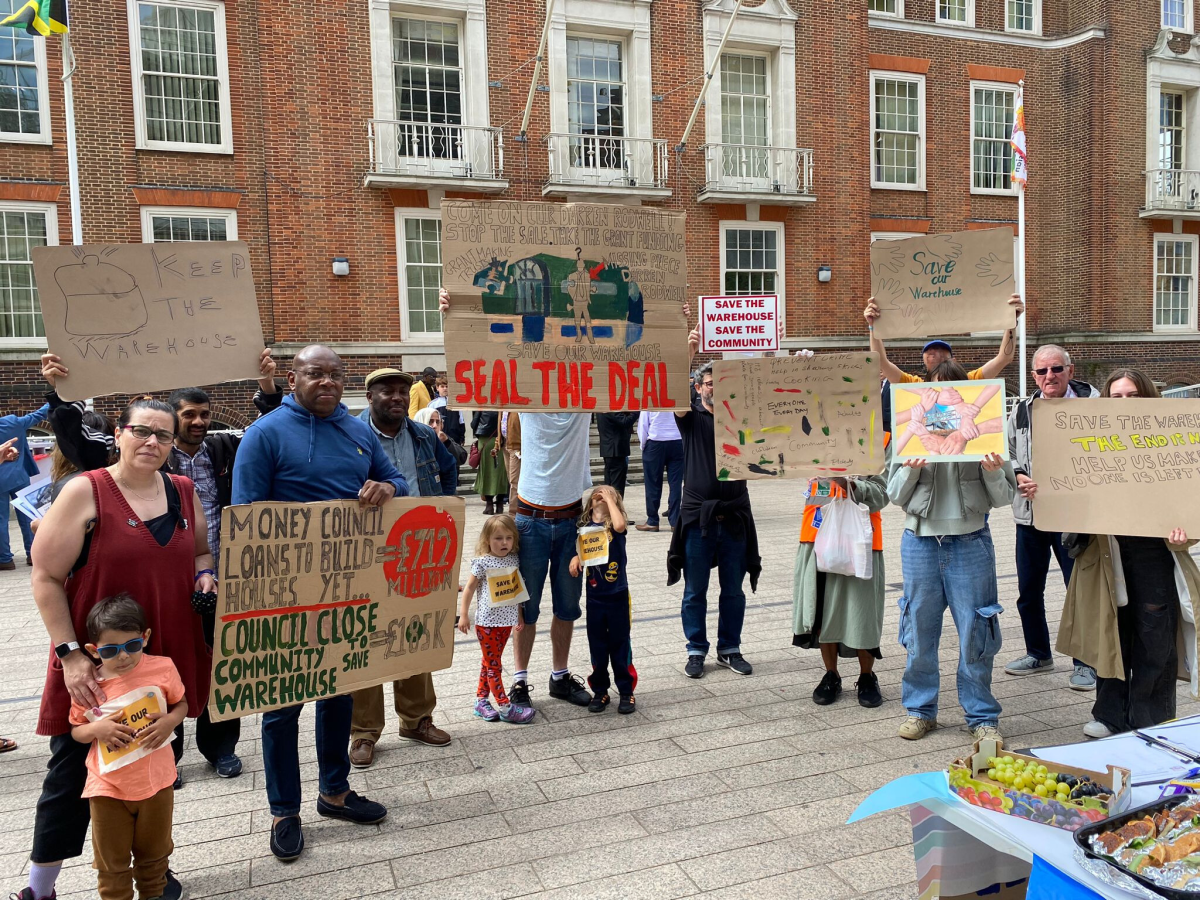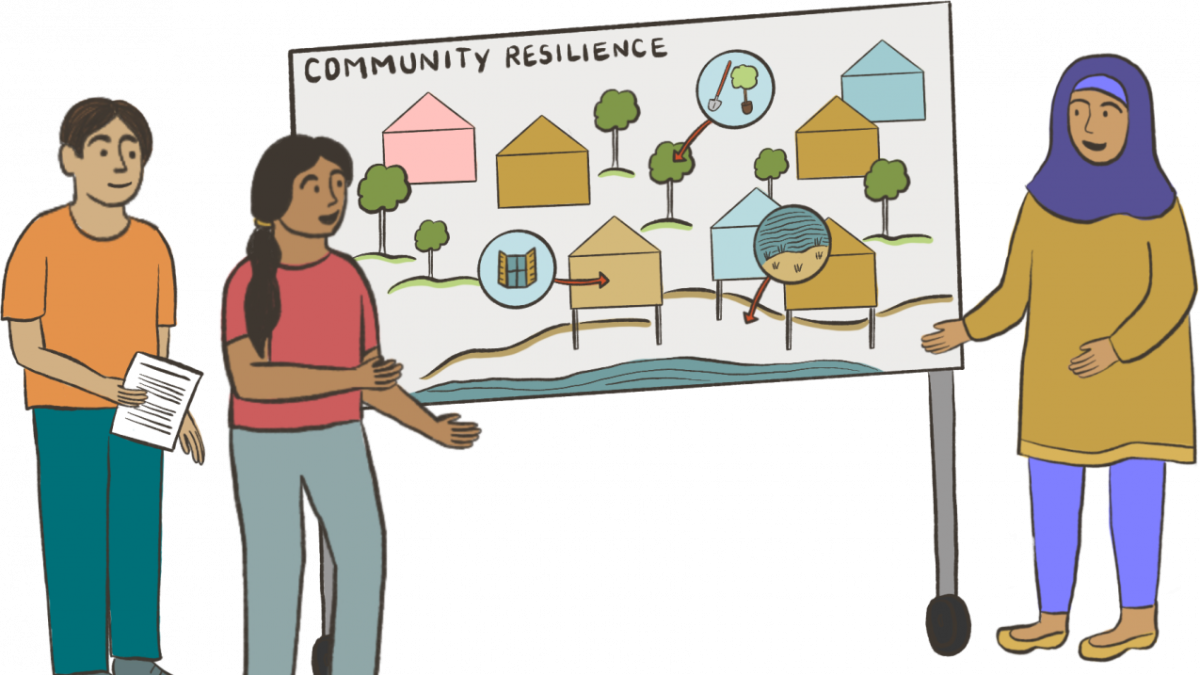When Richard and his family moved to De Pass Gardens in Barking Riverside in 2013, the future seemed bright. The newly developed area promised affordable rents, modern homes, and a vision of green spaces and community living. With his family, Richard embraced the idea of a fresh start in this neighbourhood.
At first, life in Barking Riverside delivered on its promises. The family enjoyed a healthier lifestyle with green spaces, cycling paths, and some amenities just a short walk away. Richard recalls the excitement of living in a modern, spacious home with an extra bedroom, coupled with the allure of a skyline view. Friends who visited would often comment on how fortunate they were to have found such a gem in East London.
But as the years passed, the cracks began to show. What was once an idyllic lifestyle slowly became burdened by the realities of high-density living. Traffic congestion grew with the regeneration projects, turning simple school drop-offs into 40-minute journeys. Richard found himself waking earlier and leaving the house hours before work just to avoid the traffic. Fines for using restricted roads added to the strain, and eventually, he had to cut down his office days, working from home more frequently to cope with the mounting stress, and also thereafter deciding to home-educate his children.
The rapid growth in population only worsened matters. Overcrowding became the norm, parking spaces felt scarce, and essential services like GPs and schools struggled to keep up. While plans for better infrastructure are in motion, it is still a waiting game for residents like Richard, who worry about the long-term impact on their families.
Yet, amidst the challenges, Richard has found solace in the sense of community that has blossomed in Barking Riverside. He plays an active role in neighbourhood initiatives, from tackling maintenance issues to keeping residents informed about local developments. “It’s the people here that keep us going,” he admits, highlighting the power of collective effort in navigating life in a high-density area.
Looking ahead, Richard hopes for faster progress in bringing essential services closer to home. His ideas, like weekly health clinics at local schools and more immediate access to GP hubs, reflect the urgent needs of the community. As he puts it, “We moved here for a better future – it’s time we saw that vision come to life.”
Through the highs and lows, Richard’s story is a reminder of the importance of thoughtful urban planning and the resilience of communities. Together, residents and developers have the chance to build not just houses, but a thriving, sustainable neighbourhood in Barking Riverside.
